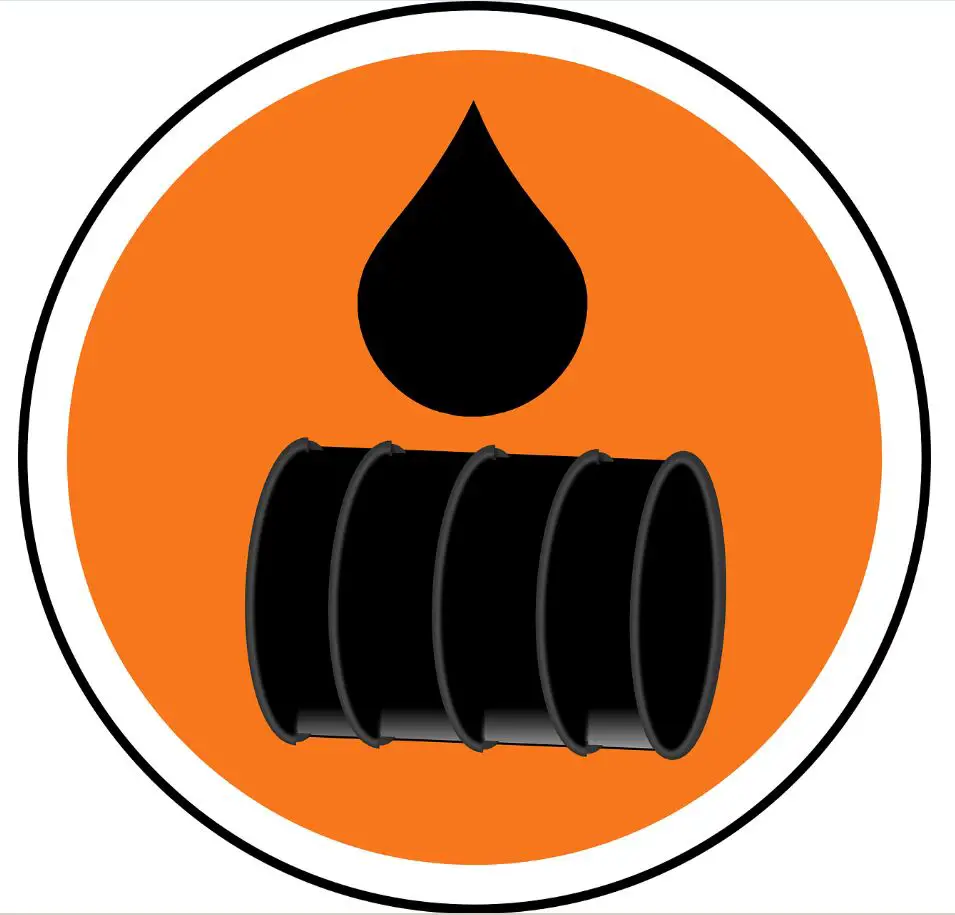Fuel oil release coverage on homeowners insurance protects your home and property. This type of coverage helps to ensure that your insurance policy will cover the costs associated with the cleanup and repair of a fuel oil spill or leak at your residence.
What is Fuel Oil Release Coverage on Homeowners Insurance?
Fuel Oil Release Coverage, also known as Fuel Oil Spill or Fuel Oil Liability coverage, is a specific type of homeowners insurance that applies in the event of a heating oil spill in your home. It’s particularly relevant for homes that use oil as their primary source of heating, where there’s a risk of an oil tank leaking or bursting.

Here’s a detailed explanation using a practical example:
Suppose you live in a cold climate, and an oil furnace heats your home. Over time, the oil tank can rust, which could lead to a leak or rupture. If such an unfortunate event occurs, heating oil could spill onto your property, potentially causing extensive damage to your home, personal belongings, and even the surrounding land or water.
Heating oil spills are damaging and can be very expensive to clean up. The cleanup process can include removing and replacing contaminated soil, cleaning or replacing affected parts of your home, and even professional environmental cleanup if the spill has affected local water sources. The costs can quickly rise to tens of thousands of dollars, making it a financial disaster for most homeowners.
This is where Fuel Oil Release Coverage comes into play. If you have this coverage as part of your homeowner’s insurance policy, it can help cover the costs of cleaning up a heating oil spill at your home up to your policy’s limit.
However, it’s important to note that not all homeowners insurance policies automatically include this coverage, which may not be available in all areas. It’s also not a substitute for properly maintaining your heating oil system. Neglecting maintenance and allowing your oil tank to rust or corrode could void your coverage.
So, if your home uses heating oil, it’s worth speaking with your insurance agent to see if Fuel Oil Release Coverage is available and advisable. You should also regularly inspect and maintain your oil tank to reduce the spill risk.
Critical characteristics of Fuel Oil Release Coverage in homeowners insurance:
- Specific Coverage: It applies to damages and cleanup costs from a fuel oil spill in your home.
- Relevance to Oil-Heated Homes: It’s particularly relevant for homes that use oil as a primary heating source.
- Cleanup Costs: It helps cover the substantial costs associated with cleaning up a heating oil spill.
- Replacement and Repair Costs: The coverage typically also includes costs to repair or replace parts of the home affected by the oil spill.
- Environmental Impact: If the oil spill affects local water sources or the surrounding land, it may also cover costs associated with environmental cleanup.
- Policy Limitations: Coverage is up to the limit defined in the policy, so any costs above that limit would typically be the homeowner’s responsibility.
- Optional Coverage: It’s not automatically included in all homeowners insurance policies and may need to be added as optional.
- Maintenance Requirements: The heating oil system requires regular maintenance. Neglecting maintenance and allowing an oil tank to rust or corrode could void the coverage.
- Geographical Availability: Availability of this coverage can vary based on geographical location and the insurance provider.
Fuel oil can cause significant damage when spilled or leaked. It comprises a combination of petroleum products, including diesel fuel, gasoline, and kerosene, which are highly flammable and have severe environmental impacts when they come into contact with water sources such as rivers, lakes, or underground aquifers. In addition to physical damage from the fire hazard created by these substances, there are also health risks related to inhaling their fumes. The presence of fuel oils in residential areas also increases the risk of explosions, especially if an ignition source is present.
Homeowners’ insurance policies provide broad protection for most losses related to fires. However, this does not extend to fuel-oil releases requiring specific coverage to protect those losses from financial losses resulting from cleanup expenses and repairs if necessary. Fuel-oil release coverage compensates for damages caused by the release or spillage of fuel oil due to accidents or mechanical failure in your home, such as a malfunctioning stove or furnace.
Some policies may even cover legal defense costs associated with any potential liability charges from the incident since residents may be held responsible for damages caused by their fuel oil spills under certain circumstances.
It’s important to note that many insurance companies offer different coverage levels depending on your state and the scope of protection you need to be fully protected against financial losses associated with a fuel oil release incident at your residence. Before you buy any policy, discussing all available options with an insurance agent to choose one that fits your needs and budget is prudent.
In conclusion, homeowners insurance policies generally provide broad protection against fires but not against specific incidents involving fuel-oil releases at residences. These require additional specialized coverage for adequate protection against financial losses resulting from cleanup costs or structural repairs needed after an incident occurs. Therefore, it’s essential to understand what type of coverage is available before buying a policy to ensure that you are sufficiently protected should such an event occur on your property.
